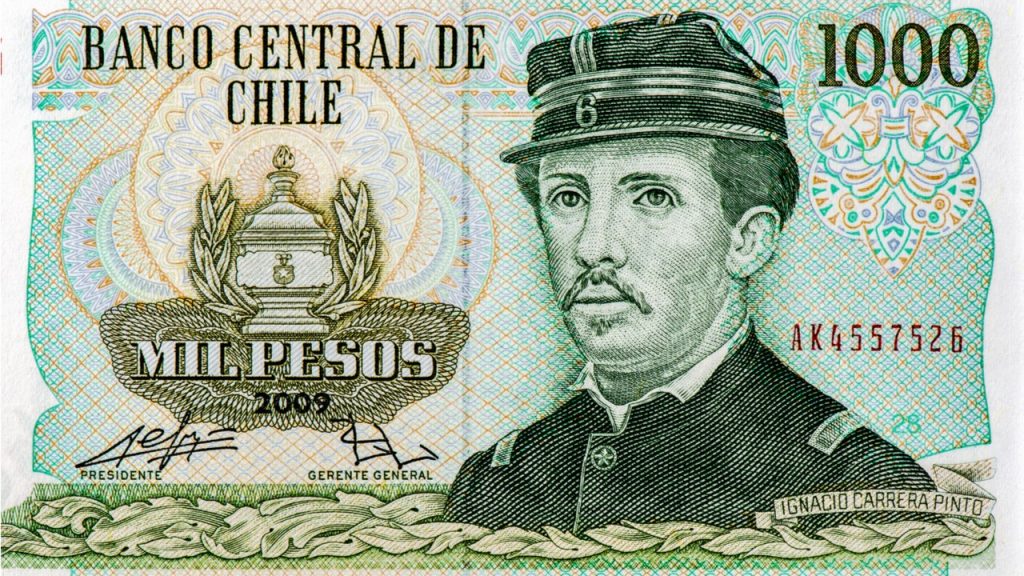Elon Musk, the South African billionaire and businessman behind big companies like SpaceX and Tesla, has hinted that the latter company may once again accept bitcoin for payments in the future, given his confidence that the entire industry is moving towards renewable energy.
Elon Musk illuminates the use of BTC
Musk caused a lot of controversy in the first half of 2021 when he announced that his company would accept bitcoin for electric vehicles. The move caused a lot of speculation and joy among crypto traders, as Tesla was one of the largest companies in the world and Musk was one of the richest people in the world. The fact that he was a fan of cryptocurrencies was affecting many digital traders, and they were sure that Bitcoin would probably reach new heights.
At first, that is exactly what happened. Bitcoin surged to $57,000, which was its new all-time high at the time. Things were really looking up when suddenly, just a few weeks later, Musk announced that he was rescinding the decision because he was concerned about the prospects of bitcoin mining and what the environmental risks were.
This drove a lot of people crazy and reportedly triggered a new series of drops in the price of bitcoin. Explaining his reasoning in a recent interview with ARK Invest’s Cathie Wood, Musk stated:
Tesla's mission is to accelerate renewable energy. Tesla is interested in renewable energy, it works on solar energy and we interact with wind energy for our batteries. We knew that you can't generate that much power surge using renewable energy that quickly, but you can if you mine coal. The whole thing seemed incomplete to me.He recalls that the announcement about using bitcoin to buy Tesla vehicles came after Musk made a $1.5 billion purchase of the world’s largest and most popular digital currency.
Musk is now confident that the bitcoin world is increasingly switching to renewable energy. In a follow-up to the previous interview, he commented that he believes the amount of clean energy used to mine BTC today is over 50%, and as long as that number continues to rise, he says that Tesla will easily accept BTC again without a problem.
